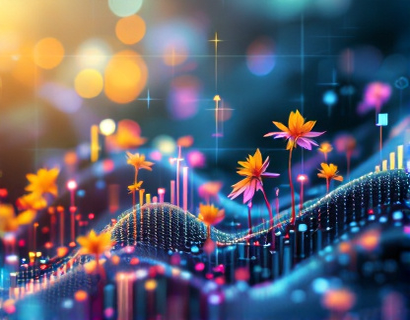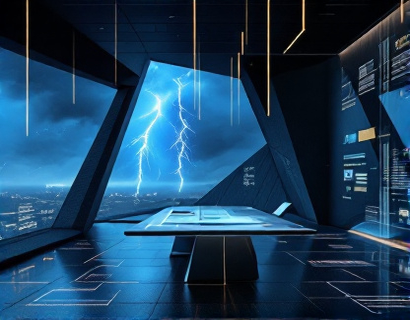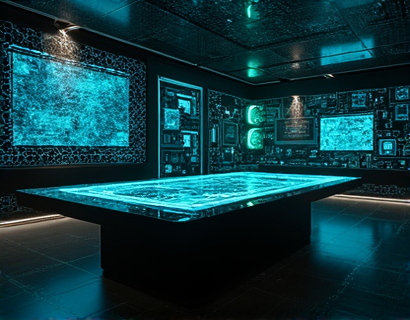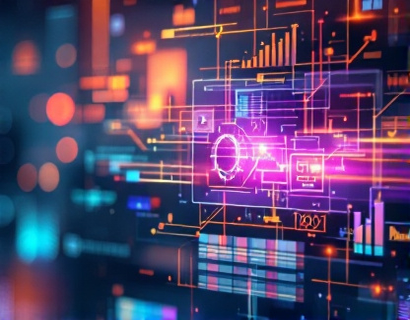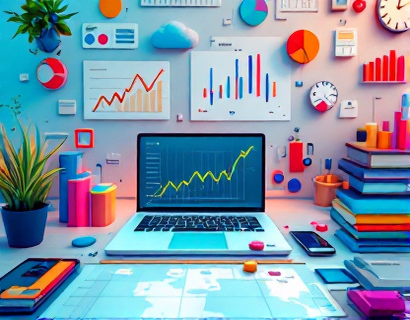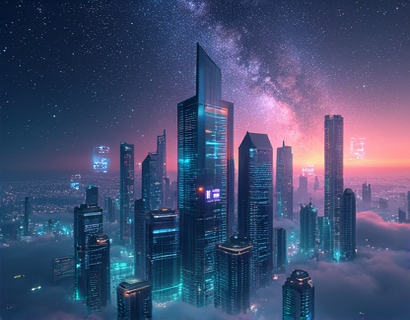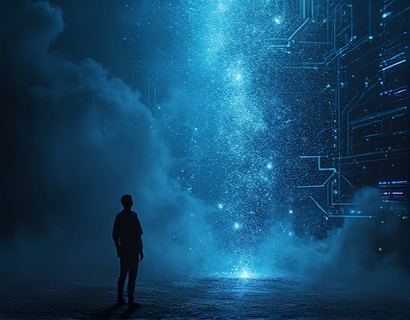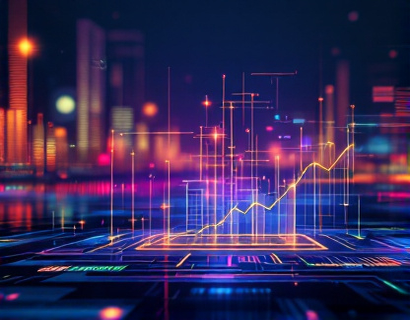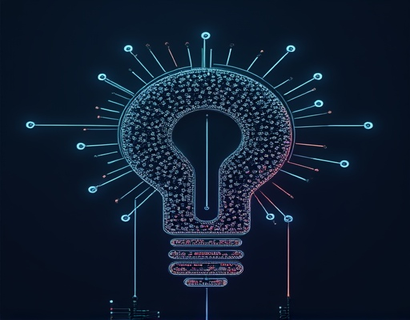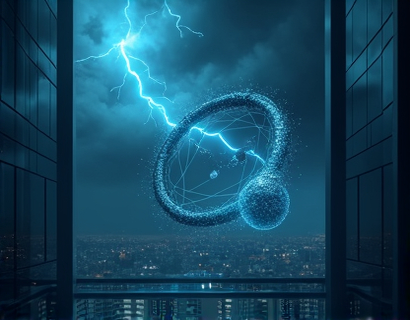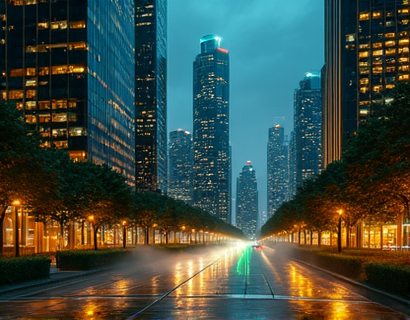Unlocking Musical Innovation: Harnessing AI for Advanced Composition and Production
The music industry is undergoing a transformative shift with the integration of artificial intelligence (AI) in composition and production. This technological advancement is not just a novelty but a powerful tool that is redefining the creative process for musicians across all levels of expertise. By leveraging AI, artists can streamline their workflows, enhance their creativity, and achieve higher sound quality, ultimately unlocking new potentials in music creation.
AI music creation software has emerged as a game-changer, offering a suite of tools that simplify and enrich the music-making process. These advanced systems analyze vast amounts of musical data, learn from existing compositions, and generate new ideas that can inspire and augment human creativity. For both professional artists and emerging creators, this technology provides an unprecedented opportunity to push the boundaries of their artistic vision.
Streamlining Composition with AI
One of the most significant benefits of AI in music composition is its ability to accelerate the creative process. Traditional composition methods often involve extensive trial and error, with artists experimenting with different melodies, harmonies, and rhythms. AI tools can automate this process by generating a wide range of musical ideas based on specified parameters. This not only saves time but also opens up new avenues for exploration that might not have been considered otherwise.
For instance, AI algorithms can analyze a set of musical elements such as key, tempo, and genre to create variations of a theme. These variations can serve as a starting point for further development, allowing artists to build upon the suggestions provided by the AI. This collaborative approach between human creativity and machine learning ensures that the final product is both innovative and cohesive.
Enhancing Creativity Through AI Assistance
Creativity in music is often sparked by unexpected combinations of sounds and structures. AI tools can facilitate this by introducing elements that an artist might not have thought of on their own. For example, an AI can suggest unusual chord progressions or rhythmic patterns that add a fresh twist to a composition. These suggestions can serve as catalysts for new ideas, encouraging artists to explore uncharted territories in their music.
Moreover, AI can assist in overcoming creative blocks. When an artist is stuck, an AI tool can generate new material to reignite the creative process. This continuous flow of ideas helps maintain momentum and keeps the creative juices flowing. The ability to quickly generate and evaluate multiple options also allows artists to make more informed decisions, leading to a more refined and polished final product.
Improving Sound Quality with AI
Sound quality is a critical aspect of music production, and AI technology has made significant strides in this area. Advanced algorithms can analyze and enhance the audio elements of a composition, ensuring that every note and beat is delivered with clarity and precision. This is particularly beneficial for artists who may not have extensive knowledge of audio engineering.
AI can perform tasks such as noise reduction, equalization, and reverb adjustment with high accuracy. These tools can automatically detect and correct issues in the mix, such as imbalances between instruments or unwanted background noise. By automating these processes, AI not only saves time but also ensures a professional-level sound quality that might be difficult to achieve manually.
Intuitive Features for All Artists
One of the most appealing aspects of AI music creation software is its user-friendly interface. These tools are designed to be accessible to artists of all skill levels, from seasoned professionals to hobbyists just starting their journey. The intuitive design ensures that users can navigate the software with ease, focusing on the creative aspects rather than getting bogged down by complex technicalities.
For beginners, AI tools can provide guided tutorials and step-by-step instructions, helping them learn the basics of music composition and production. Intermediate and advanced users can take advantage of more sophisticated features, such as customizable algorithms and advanced editing options. This versatility makes AI music creation software an invaluable resource for anyone looking to enhance their musical skills.
Collaboration and Community
The integration of AI in music creation also fosters a sense of community among artists. Online platforms and forums dedicated to AI music tools allow creators to share their work, exchange ideas, and collaborate on projects. This collaborative environment accelerates the learning process and encourages innovation, as artists can learn from each other's experiences and insights.
Moreover, AI can facilitate remote collaboration, enabling artists from different parts of the world to work together seamlessly. This global connectivity breaks down geographical barriers and opens up new opportunities for cross-cultural musical exchanges. The result is a richer, more diverse musical landscape that reflects a wide range of influences and perspectives.
Ethical Considerations and the Future of Music Creation
As AI becomes more prevalent in music creation, it is essential to address the ethical implications of this technology. Questions about authorship, originality, and the role of human creativity in the creative process are at the forefront of this discussion. While AI can generate impressive musical content, the emotional depth and personal touch that come from human experience remain irreplaceable.
Looking ahead, the future of music creation with AI is promising. As technology continues to evolve, we can expect even more sophisticated tools that further enhance the creative process. The key will be to strike a balance between leveraging AI's capabilities and preserving the unique human element that makes music so powerful. By embracing this technology thoughtfully, artists can unlock new levels of innovation and artistic expression.
In conclusion, AI music creation software is revolutionizing the way musicians compose and produce music. By streamlining the creative process, enhancing creativity, and improving sound quality, these tools empower artists to realize their full potential. Whether you are a professional musician or an aspiring creator, embracing AI in your music-making journey can lead to exciting new possibilities and a more fulfilling artistic experience.





